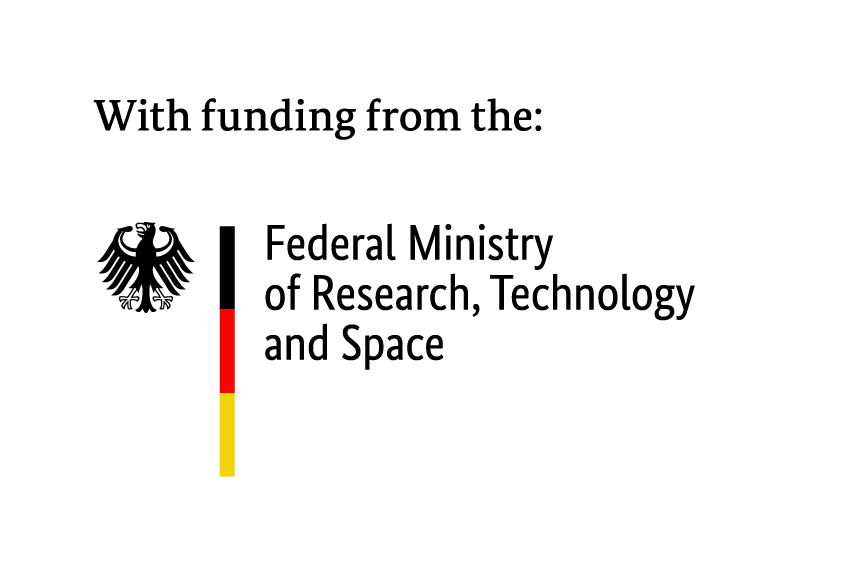The European Union’s outreach to third countries during the introduction of the Carbon Border Adjustment Mechanism was rigid and uncoordinated, new Ariadne analysis has found. Researchers investigated how the EU organized its diplomacy to counter trade concerns during the development of the Carbon Border Adjustment Mechanism. According to the Ariadne researchers, the fact that the EU’s diplomatic outreach was rather reactive may have helped to provide less of a target for opposition from trading partners and to increase acceptance of the mechanism as an expression of the EU’s claim to leadership in ambitious climate policy.
Starting in 2026, a Carbon Border Adjustment Mechanism (CBAM) will be due in the European Union for the import of certain industrial goods that were produced with a lower carbon price than in the EU. This is intended to prevent EU climate policy from being undermined and the European economy from suffering undue competitive disadvantages compared to countries with less ambitious climate policies. Due to its comparatively confrontational character in terms of its economic effects, it was advisable to accompany the introduction of the CBAM with diplomatic outreach. Ariadne researchers at the Hertie School conducted expert interviews to examine and evaluate the organization of the CBAM-diplomacy in and between the EU institutions in the period from 2019 to 2022.
According to their analysis, political efforts were primarily focused on negotiating details of the CBAM among the EU member states. There was little discernible interest in incorporating third countries’ concerns into the development of the CBAM’s design. The researchers were not able to observe a very coordinated or strategic diplomatic process either – the EU tended to respond to opposition in a reactive manner, focusing primarily on clarifying technical modalities rather than addressing trade policy concerns. However, according to the researchers, the focus on technical modalities may have proved effective in alleviating negative reactions in the medium term.
Ariadne-Analysis
Marian Feist, Ann-Kathrin Kühner, Christian Flachsland (2024): Selling CBAM – Diplomacy for the European Union’s Carbon Border Adjustment Mechanism. Kopernikus project Ariadne, Potsdam.
https://doi.org/10.48485/pik.2024.010


